In my previous blog, Combining DevOps with Agile Development, I discussed the state of DevOps and the need to incorporate Agile Development—concluding that while DevOps and Agile development were a great fit, a hybrid cloud was the third piece of the puzzle to help the enterprise accelerate the pace of software development, deployment, and innovation.
Automation is the key to accelerating software development and deployment. Provisioning a server in three weeks is no longer acceptable—organizations should be thinking about how to provision a server in about three minutes.

A hybrid cloud is a cloud computing environment where an organization integrates its private cloud environment with the scalability and flexibility of a public cloud environment. Hybrid cloud architecture allows the enterprise to accelerate DevOps by breaking down organizational barriers and eliminating silos.
Software development and testing can be performed in a production-like environment, and applications can be deployed and scaled in hours instead of weeks. A hybrid cloud allows the enterprise to take advantage of the scalability and cost-efficiency of public cloud computing without exposing mission-critical applications and data to third-party vulnerabilities. The enterprise provisions compute, storage, and networking resources delivered as a service, with self-service access via web interfaces and APIs.
A hybrid cloud enables the enterprise to provision—and release—resources in minutes, and benefit from a pay-for-usage model that accelerates software development by allowing developers, testers, and operations personnel to gain quick access to the resources they need to perform their jobs.
Internal infrastructure is slow to provision, difficult to change, challenging to share, and costly to maintain. Some enterprise workloads are better suited for in-house infrastructure, while others are better suited for the cloud. The hybrid cloud becomes a secure, IT-managed extension to your existing internal IT infrastructure and delivers the best of both worlds:
- Developers are enabled with the self-service, on-demand, elastic nature of a public cloud
- Enterprise IT readiness equals control, visibility and security of on-premises resources
Predictable workloads are preferable for enterprise data centers, while dynamic workloads are ideal for cloud computing. Predictable workloads are core to IT operations and require dedicated IT resources, with IT staff managing the application changes. But enterprises are increasingly moving dynamic workloads to the cloud because they have unpredictable capacity needs and require collaboration and frequent changes.
For example, a software development process entering into the late stages of performance testing will require increased computing and networking resources. IT would either need to have spare capacity handy and idle or would need to rapidly procure, prepare, and provision new equipment to meet these demands. In today’s volatile economy, few businesses are willing to plan and purchase IT resources based on a forecasted “high-water mark” of demand, only to have this equipment remain otherwise underutilized most of the time. The hybrid cloud model provides for dynamic capacity management, and automated solutions decrease the IT support burden.
But how do you get access to a scalable, ready-to-go hybrid cloud DevOps environment quickly, easily, and securely? Skytap Cloud empowers developers, QA, and IT operations with scalable virtual data centers. You can bring your existing applications, tools, and processes completely intact to Skytap Cloud and create multiple development environments in seconds, run them in parallel, and customize them to meet your needs. You can publish specific environments to your remote testing teams, and test engineers can scale performance and load testing capacity on demand.
Look for the next blog in my series, ‘The Power of DevOps and Hybrid Clouds.’ And stay tuned for our upcoming whitepaper, ‘Accelerate Software Development with DevOps and Hybrid Cloud’ for a complete overview of this important topic.
